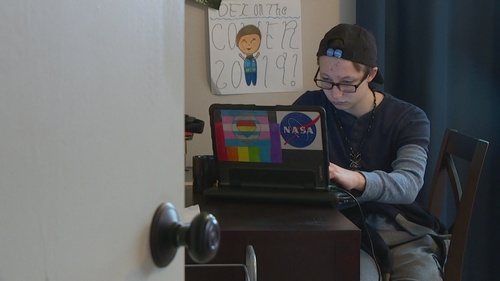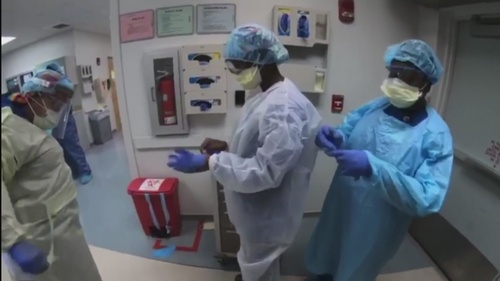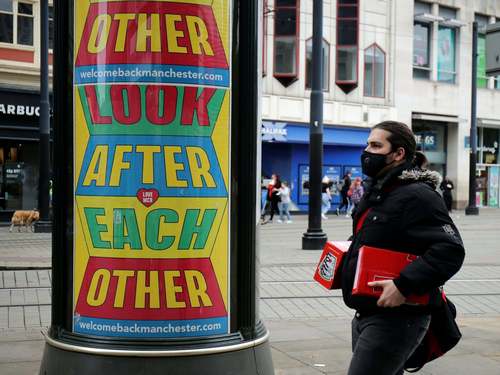Last week, Gov. Polis issued an order that requires bars and restaurants to stop serving alcohol after 10 p.m. But what does an earlier last call have to do with coronavirus?
“The hope here is that if you wind up lessening the number of hours that people have access to alcohol, they’ll drink less,” says CBS4 Medical Editor Dr. Dave Hnida. “If they wind up drinking less, they’ll have a little more control and be more likely to follow the behaviors we like to see in order to prevent the spread of coronavirus.”
Gov. Jared Polis has made some big changes to try and get coronavirus cases down in Colorado again. We asked Dr. Dave Hnida about some issues impacting school kids and young adults.
10 p.m. Last Call for Alcohol
Dr. Dave says the only problem with the order is how limiting it is.
“It does not really take a look at people who are drinking at private parties, people having picnics, or people having get-togethers,” adds Dr. Dave.

He says the governor is really targeting young people by changing the time of last call, especially as cases continue to rise among those under the age of 30.
“What the governor is really trying to do is get a little bit of better behavior, a little bit more encouragement of personal responsibility here with some of these public health mandates so that we don’t end up becoming a place like Arizona where things continue to spiral out of control,” says Dr. Dave.
Chronic Symptoms After Having Coronavirus
Another alarming trend among young people is the way coronavirus is affecting them. A CDC survey recently found one in three non-hospitalized coronavirus patients have chronic symptoms long after they’ve had the virus. Many of those patients are young people who were otherwise healthy before getting the virus.
“The age group we’re seeing this in is most commonly 18 to 35, so it’s a younger population,” says Dr. Dave. “These folks generally had no underlying medical conditions.”

The survey found many patients had chronic symptoms including headaches, fever, and shortness of breath.
“We’re really concerned that COVID is not only an acute illness, but is chronic, or even worse – maybe even a lifelong problem,” says Dr. Dave.
Back to School
As the summer winds down, many districts have announced their back to school plans. Some are delaying the start of school, while others are letting parents decide if they want in-person lessons or virtual learning. Dr. Dave says districts need to keep their plans fluid in order to keep children safe.
“We do know that kids tend to get coronavirus at a much lower rate than adults do,” says Dr. Dave, adding that only about 2% of confirmed cases in the United States have been in children.

“Up to age 10, transmission of the virus without symptoms is very unusual. However, once you hit that junior high and high school age group, those things tend to change. They can spread the virus even though they have no symptoms.”
Dr. Dave says that’s why mask use, social distancing, and limiting in-classroom teaching when there are outbreaks will be key to having a safe school year.
“So what does this mean for you as a parent?” asks Dr. Dave. “I think right now the local school districts are doing a good job. They’re trying to be fluid, preparing for the unknown. In this particular situation, we don’t know what’s ahead. You’re going to need to feel comfortable knowing that it is going to be a different type of school year and things will be ever-changing and ever-adjusting to the situation here in Colorado.”



